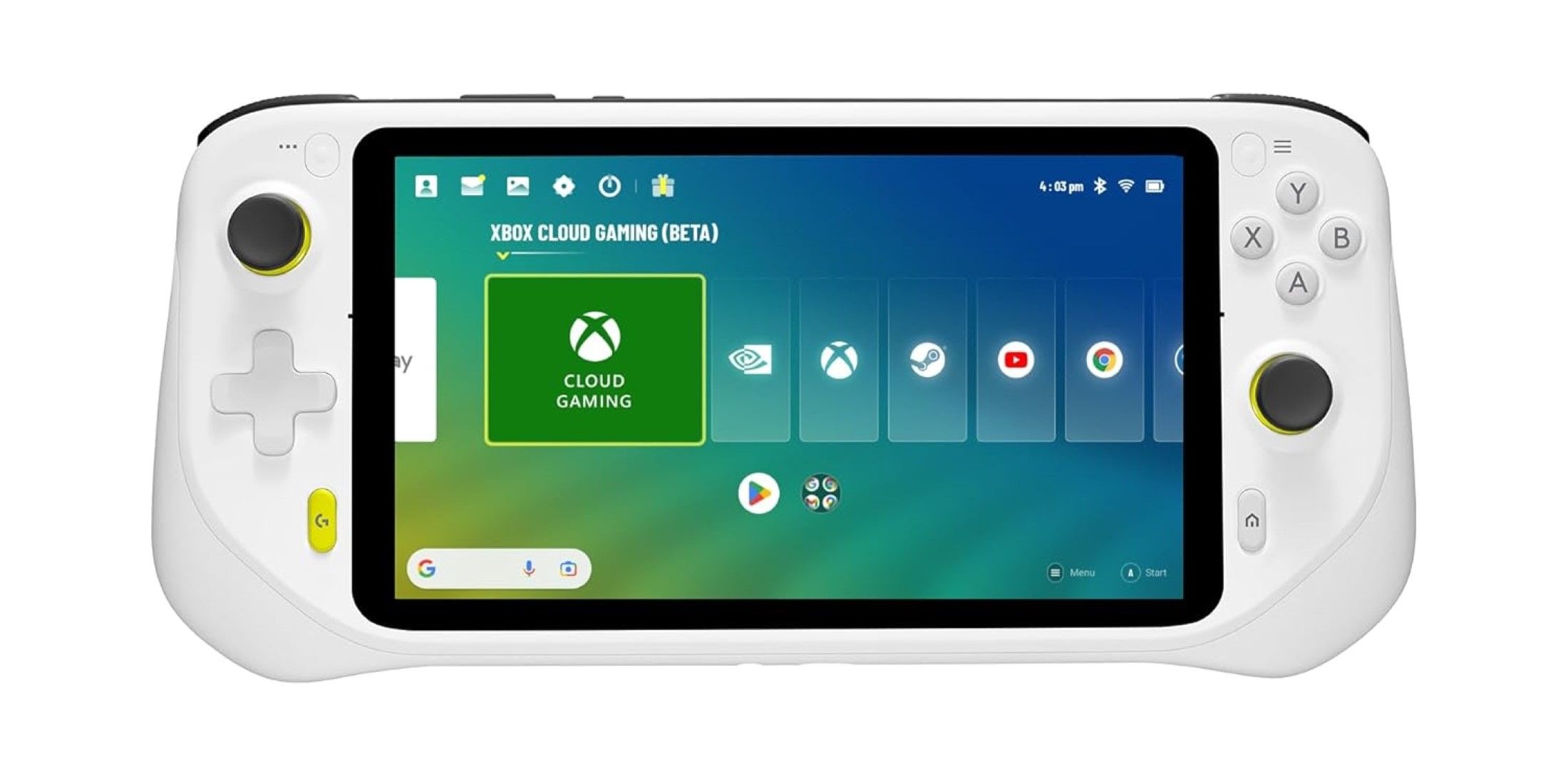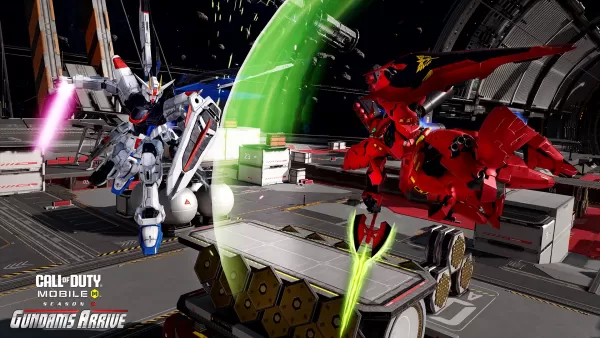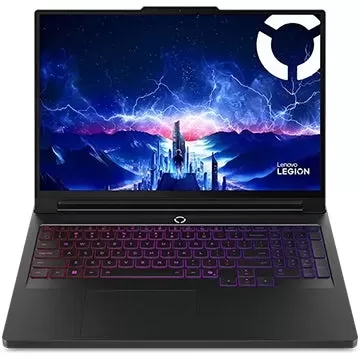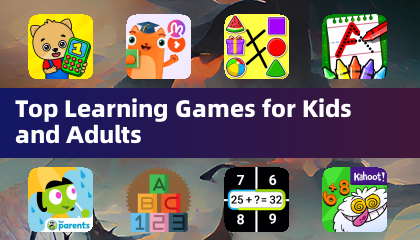Xbox and Windows Unite for Handheld Gaming Revolution

Microsoft's foray into the handheld gaming market promises a fusion of Xbox and Windows strengths. While specifics remain limited, the company's commitment to mobile gaming is undeniable. The strategic goal is to enhance the Windows experience for handheld gaming, aiming for improved functionality and a more unified user experience.
The timing is opportune, with the imminent release of the Switch 2, the growing popularity of handheld PCs, and Sony's PlayStation Portal. Xbox aims to capitalize on this momentum. Although Xbox services are already accessible on devices like the Razer Edge and Logitech G Cloud, a dedicated Xbox handheld console is in development, as confirmed by Microsoft Gaming CEO Phil Spencer.
Jason Ronald, Microsoft's VP of Next Generation, hinted at further announcements later this year in a Verge interview, suggesting a potential official reveal of the handheld. Ronald clarified Microsoft's strategy, emphasizing the integration of "the best of Xbox and Windows" for a seamless experience. This initiative addresses current shortcomings of Windows on handhelds, such as cumbersome navigation and troubleshooting, as demonstrated by devices like the ROG Ally X.
Microsoft's ambition extends to making Windows a superior gaming platform across all devices, including handhelds. This involves optimizing Windows for joystick controls, a significant departure from its traditional mouse-and-keyboard design. The Xbox operating system will serve as a blueprint for these improvements. This aligns with Phil Spencer's vision for a consistent gaming experience across all Xbox hardware, regardless of form factor.
A focus on improved functionality could differentiate Microsoft in the handheld market. This might involve a redesigned portable OS or the success of a first-party handheld console. Addressing current technical challenges, like those experienced with Halo on the Steam Deck, is crucial. Emulating the mainline Xbox experience for titles like Halo on handheld PCs would be a major step forward. However, concrete details remain elusive, with further information anticipated later in the year.




























